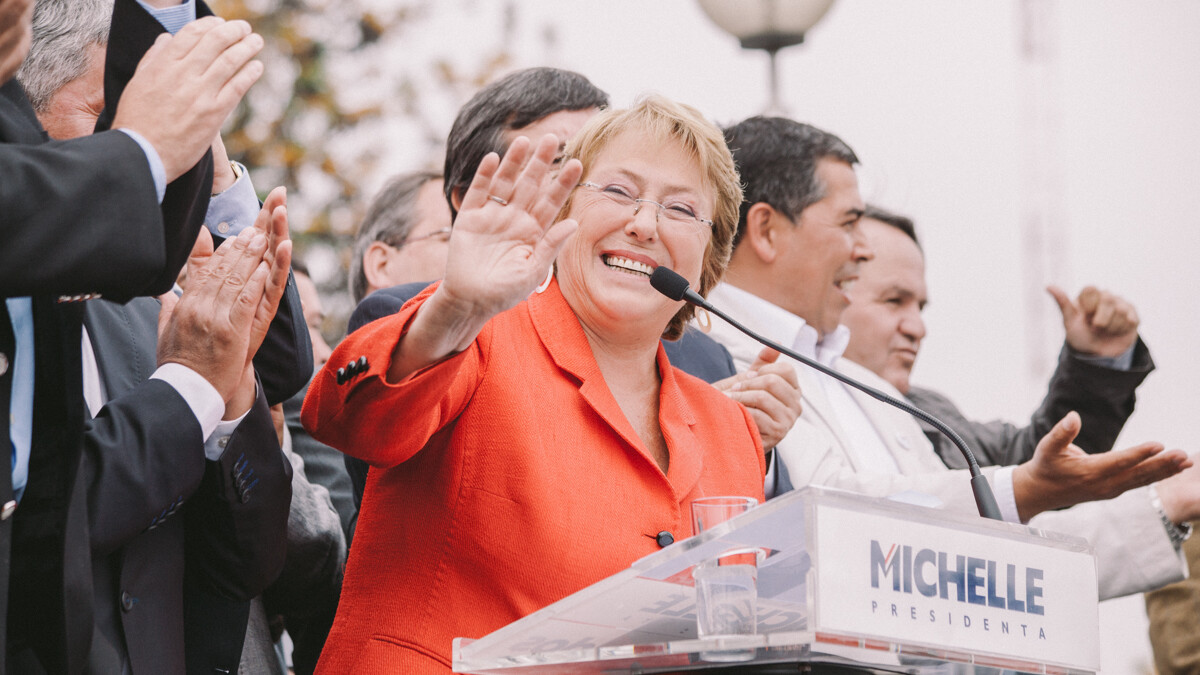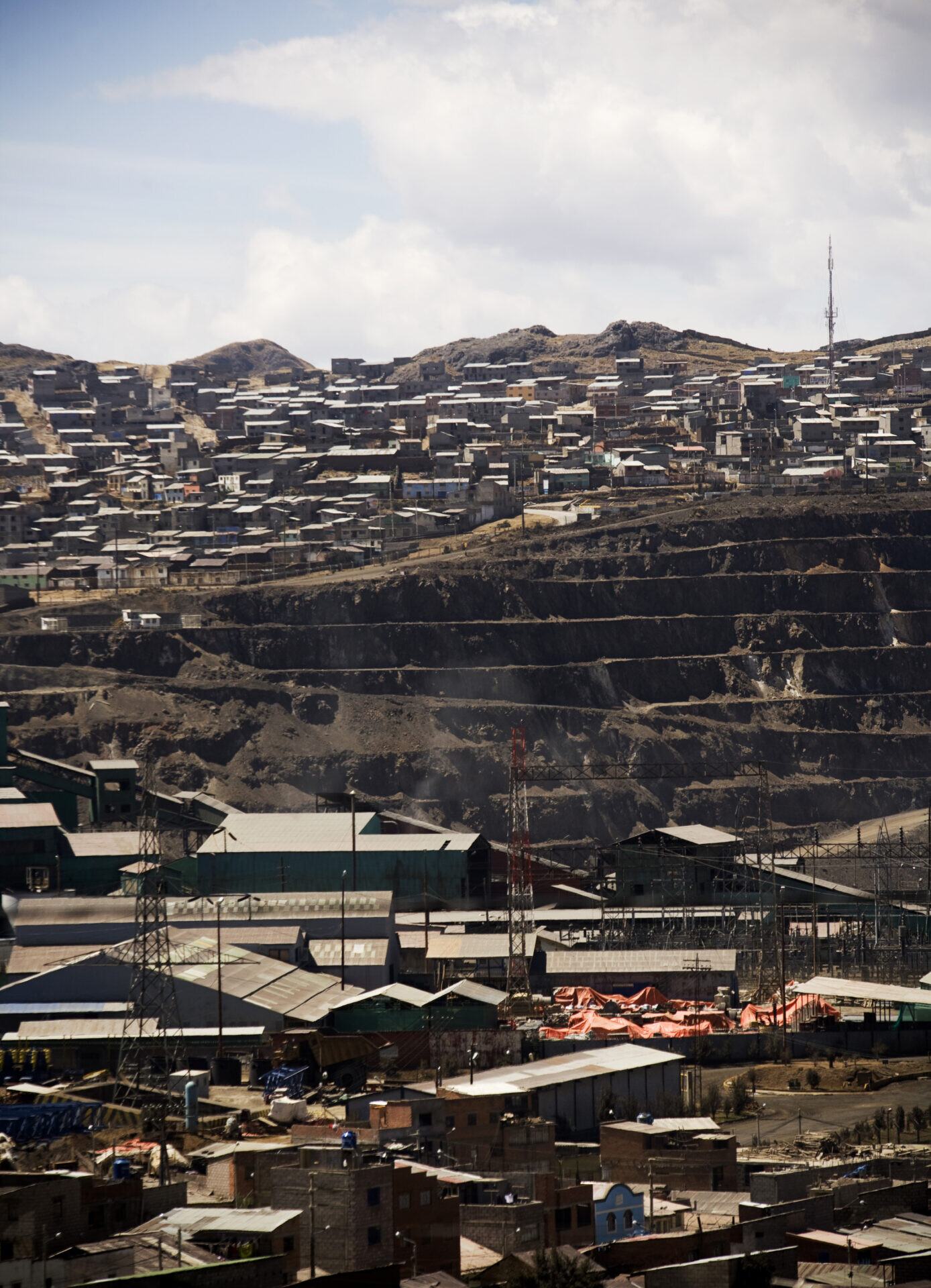How Does Chile's Election Effect Investors?
Michelle Bachelet looks on course to sweep to power for a second term as Chilean president after winning a massive victory in the first round of elections. Her first term was very successful but how would another Bachelet presidency shape the Chilean economy? LatAm INVESTOR investigates...

No Surprises
In one of the least surprising election results in recent history Michelle Bachelet won 47% of the votes on Sunday. She now faces another vote in December but it seems only a miracle would stop her becoming Chile’s next president. That means investors are already weighing up how she may influence the economy in 2014.
One change she is certain to bring is in education. Access to university places is a hot topic in Chile and has brought student protestors to the streets on numerous occasions. Unlike in neighbouring Argentina, where there is a universal right to attend the country’s venerable – if creaking – academic institutions for free, Chile’s universities are generally private and expensive.
Macroeconomic Strength
Of course while long-term investors often like countries with good education systems, Bachelet’s reforms will also have a short-term impact. Providing free university will not be cheap. Indeed she has proposed a range of new tax measures, equivalent to 3% of GDP to pay for the move. That is a staggering amount and it is likely that international corporations will pay a big share. After all it is politically easier to tax foreign companies than local people. However, it is possible that the entire 3% increase may prove difficult raise. In which case the education promises would put a strain on the country’s economic position.
So far Chile has a built up one of the most solid macroeconomic positions in the world. Its public debt is less than 10% of GDP while it’s also built up sovereign wealth of $15bn that it can use to stimulate the economy if copper prices fall. Under the watch of the current President, Sebastián Piñera, Chile’s macroeconomic position has strengthened. As Chilean Finance Minister Larraín explained in Chile Day in London earlier this year the Piñera administration has controlled inflation, cut unemployment and guided the economy to robust growth. For example the latest results revealed the economy grew by 4.7% in the third quarter.
To give credit where it is due Bachelet has already proved her finance credentials, overseeing her own period of impressive economic growth in her first term between 2006 and 2010. Yet if Chile’s macroeconomic strength is to continue Bachelet is going to have to balance all new education measures with sustainable sources of funding.
Power Problem
Another point of interest for investors will be energy. One of Chile’s main bottlenecks to future growth is power generation and distribution. Mining groups in particular have struggled with energy costs and Bachelet has promised to make the sector more competitive bringing power prices down.

So far strong environmental groups in the country have delayed plans for coal power stations, while gas imports from Argentina can be reliable. Given the country’s immense solar potential there is hope for a renewable alternative though, again, Bachelet will have a balancing act on her hands, as she looks to find energy that is clean enough for the environmental groups but cheap enough to help the miners.
The one factor Bachelet has in her favour is football. That may sound odd but political analysts have long recognised that a good performance in a major sporting event creates a nationwide feel good factor. With Chile's team looking strong, it may be that Bachelet's honeymoon period last longer than normal...
All told it's an interesting time for investors in Chile’s economy and we’ll have a panel of experts discussing the topic in more depth in the upcoming launch edition of LatAm INVESTOR…